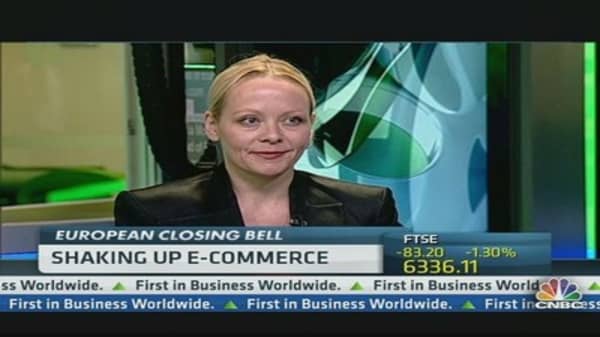Finding the right investment partner for your business can be the difference between success and failure. And here's the big problem: The landscape of potential strategic investors is littered with garbage. The vast majority of the firms in the market create no value, generate minimal returns at best, and often post nothing but losses. You need to navigate around the junk to find the right partner.
I've worked with venture capitalists, private equity, and I am a founding board member of the Angel Capital Association, so I'm familiar with all of the types of investment relationships. Some work, some don't, but all require a lot of effort.
Investment partners often make poor decisions, so it's your job to choose wisely. Here are six important best practices in finding an investment partner for your business that have served me well over time. A few are common sense, all are critical to ensuring your success.
(Read more: Expansion Plans? Don't Trust Your Gut)




